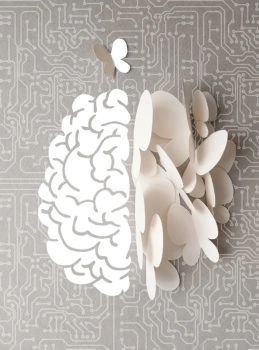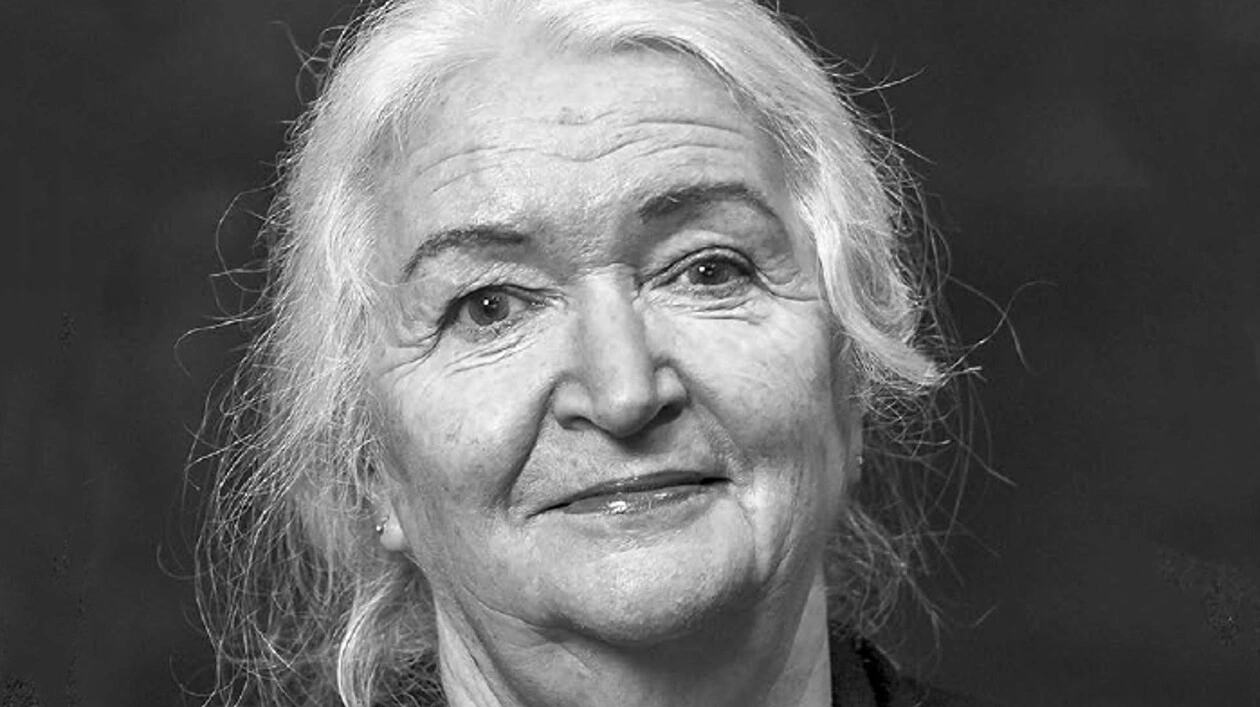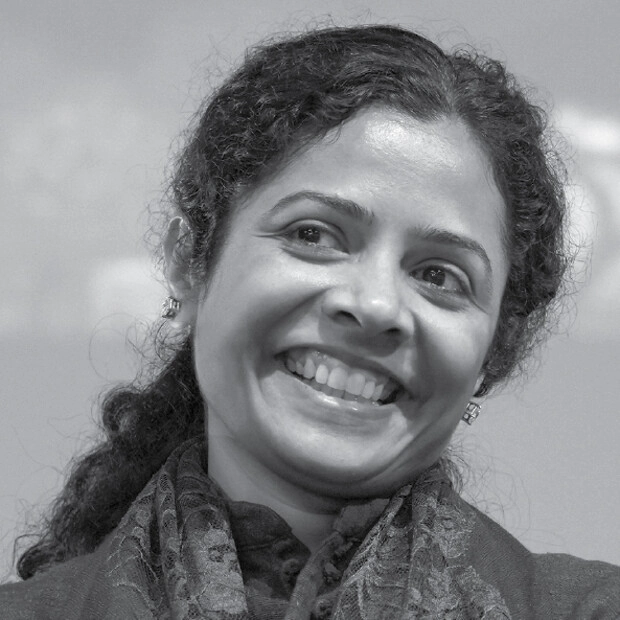Finding ways to make the brain think correctly is a constant and practically indestructible temptation. We tell ourselves not to get caught up in the small stuff. We try not to succumb to procrastination, we seek to digest and turn out great texts, mathematical formulas, and chess combinations. So far, no one’s managed. Desperate to reconcile our own brains, we’ve begun to create all sorts of artificial analogies, and even approaching the creation of artificial intelligence. Nevertheless, our numerous impressive successes don’t diminish how little we know about how the brain works and where thoughts come from, a fact that Tatyana Chernigovskaya, Doctor of Science in Linguistics and Physiology, never tires of recalling.
One of humankind’s greatest misconceptions is the idea that we can understand with effortless accurcy those who speak to us in our own language, whereas communicating with foreigners can be problematic because they speak a different language. The truth is that all of our languages are "different," even if they may be the same.
When we talk about mutual understanding, what we must consider isn’t language, but culture.
In order to understand another person, one must know a lot about him: what he reads, what he studied and where, what his views are on the world. When we talk about mutual understanding, what we must consider isn’t language, but culture. If your culture is akin to that of another person, even a foreign person, the likelihood that (with mutual willingness, that is) you’ll understand each other is much higher than in a situation with someone who shares your language but belongs to a different cultural and ideological paradigm.
In that case, there’s no predetermination when it comes to language. If you developed in a certain environment, for instance, you’ll naturally be comfortable speaking the language of that environment, but it always comes down to personal choice, what language you want to use. I can speak a few different languages, not only foreign ones but also different varieties of my mother tongue, Russian. That said, I prefer some over others. I can speak academically, intellectually, because that’s the environment I came from, but I’m not limited to this.
The brain isn’t a sieve; nothing escapes it.
The brain is always striving to learn. It’s a device — a monster, even — if it doesn’t know how to do something, then it doesn’t know how to learn it. It’s not a figure of speech, it’s true. Everything leaves an imprint on the brain: if you and your friend chat together over tea somewhere, an impression is made, forever in your brain, and in your friends, and in those of any onlookers. The brain isn’t a sieve; nothing escapes it. Whatever finds its way in there is there to stay. If you’re incapable of removing it, that is — and that’s another question, are there things worth removing? People may find that, with certain memories, like traumatic experiences or posttraumatic stress triggers, they’d be better off "turning off" the memory, and with the help of a physician, try to figure out how to relieve themselves of it. The brain may retain all of life’s details, everything you’ve seen, or heard, or read, but that doesn’t mean that all of it is necessary.
Some people may be dissatisfied with their brains, wishing they were more effective, and the brain remains the greatest mystery that science has. Any discovery that brings us closer to understanding how the brain works is of great importance and can have an impact on so many areas of life, from medicine to computer technology or education.

If you want to develop the brain, if you’re looking for ways to increase its effectiveness, you have to give it difficult tasks. To train your brain, you need to read challenging material, not dumb magazines and newspapers. Similarly, you shouldn’t watch idiotic programs, but complex films, and listen to complex music, read complex books. And I mean what I’m saying, that really is what shapes your brain — it’s the honest truth. So if you want your brain to function poorly, feed it fast food, and if you want it to work well, pick up some Shakespeare, meaning books that actually require the effort of thinking.
We depend entirely on our brains. For the good and bad, for the tasty and bland, for fun and boring, for sad and happy. We have nothing but the brain. We have only the picture of the world that the brain creates for us and we lack the ability to determine for sure whether or not what it’s showing us is reality. If any part of the brain is physically damaged, our perception of the surrounding world changes.
I keep wondering, why did Sherlock Holmes and Einstein played the violin? I really want to know. They played horrendously. Sure, one of them is fictional, but the other was real. I think their brains were translated into another register. English literature even writes about this: think differently, or let the mind one the bite selfie Let the brain think what it wants to think.
Or another example: people are always trying to catch up with those who are ahead of them. So they run along the same path, perform the same actions, in the hope that they’ll be able to run faster and outdo the leaders. There’s no point. You should be running the other way. You have to invent new ways, not just catch up to what’s already been established. It’s pointless, because they won’t be caught — they started running first.
Here’s another unpleasant thing: it’s more likely that these new series of actions will come from an ordinary person in some field or other, like business, for example. A broad field of associations is required, to be found somewhere else, in other fields. Not in the fields where computers are set up, but in the fields where butterflies fly.
Recently, I keep wondering, why did Sherlock Holmes and Einstein played the violin? I really want to know. They played horrendously. Sure, one of them is fictional, but the other was real. I think their brains were translated into another register. English literature even writes about this: think differently, or let the mind one the bite selfie Let the brain think what it wants to think.






